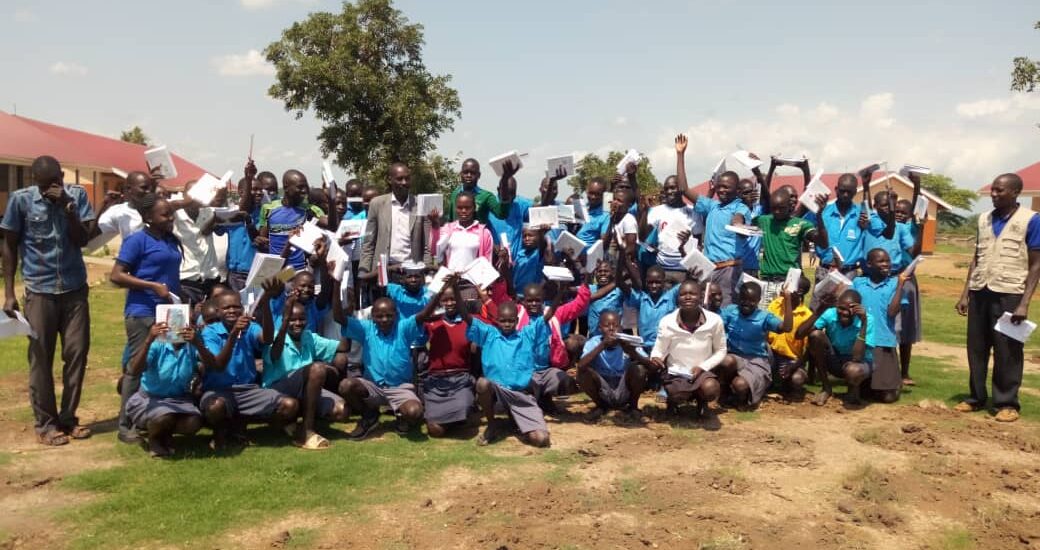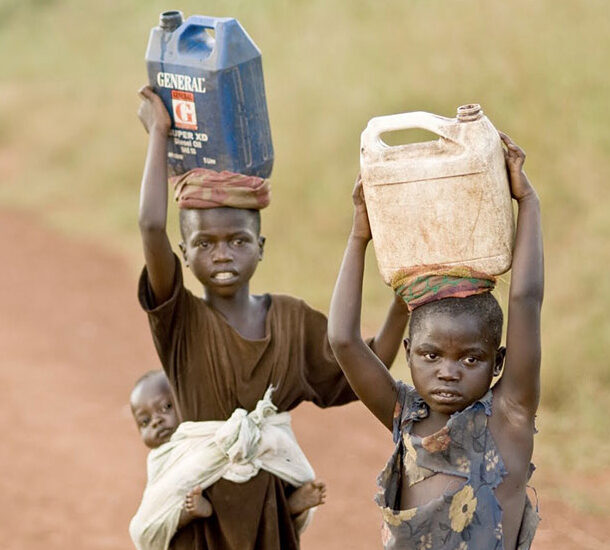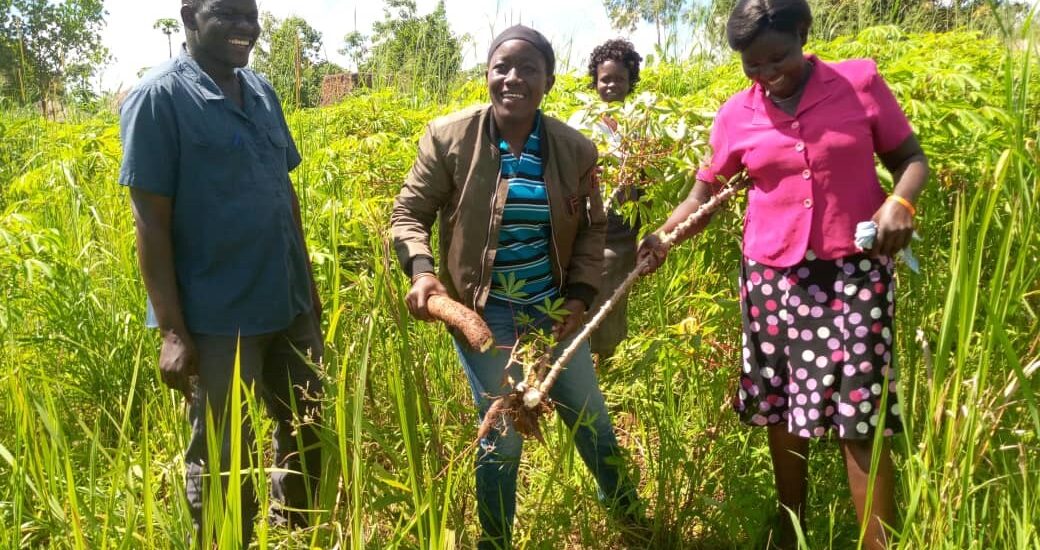Effects of wars on CWD in Uganda:
There have been several political unrests, including the recent Lord Resistance Army-led conflict in northern Uganda, which lasted from 1987 to 2007 and created almost a million internally displaced persons who were subsequently constantly raided by rebels.
One of the greatest effects of this war was the increase in the number of CWD. Many victims suffered physical, sensory, psychological and emotional trauma, including loss of limbs, sight and hearing, due to attacks with weapons and land mines. Physical trauma is often addressed first; however, mental trauma, if untreated, may lead to mental illnesses and post-traumatic stress syndrome disorders. Unfortunately, people with mental illness aren’t often deemed victims of war because their scars aren’t visible.



